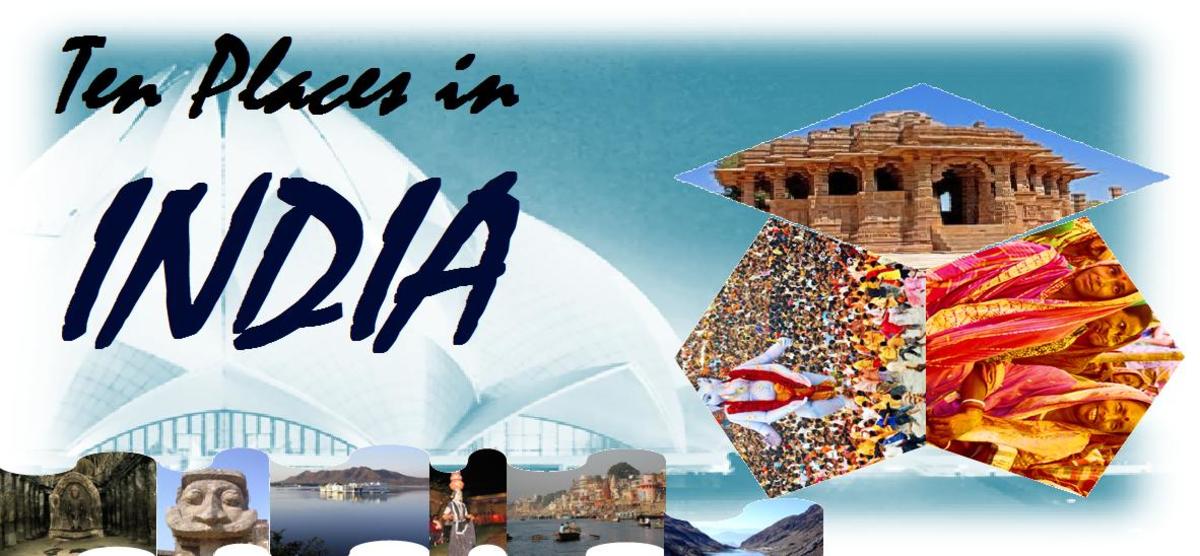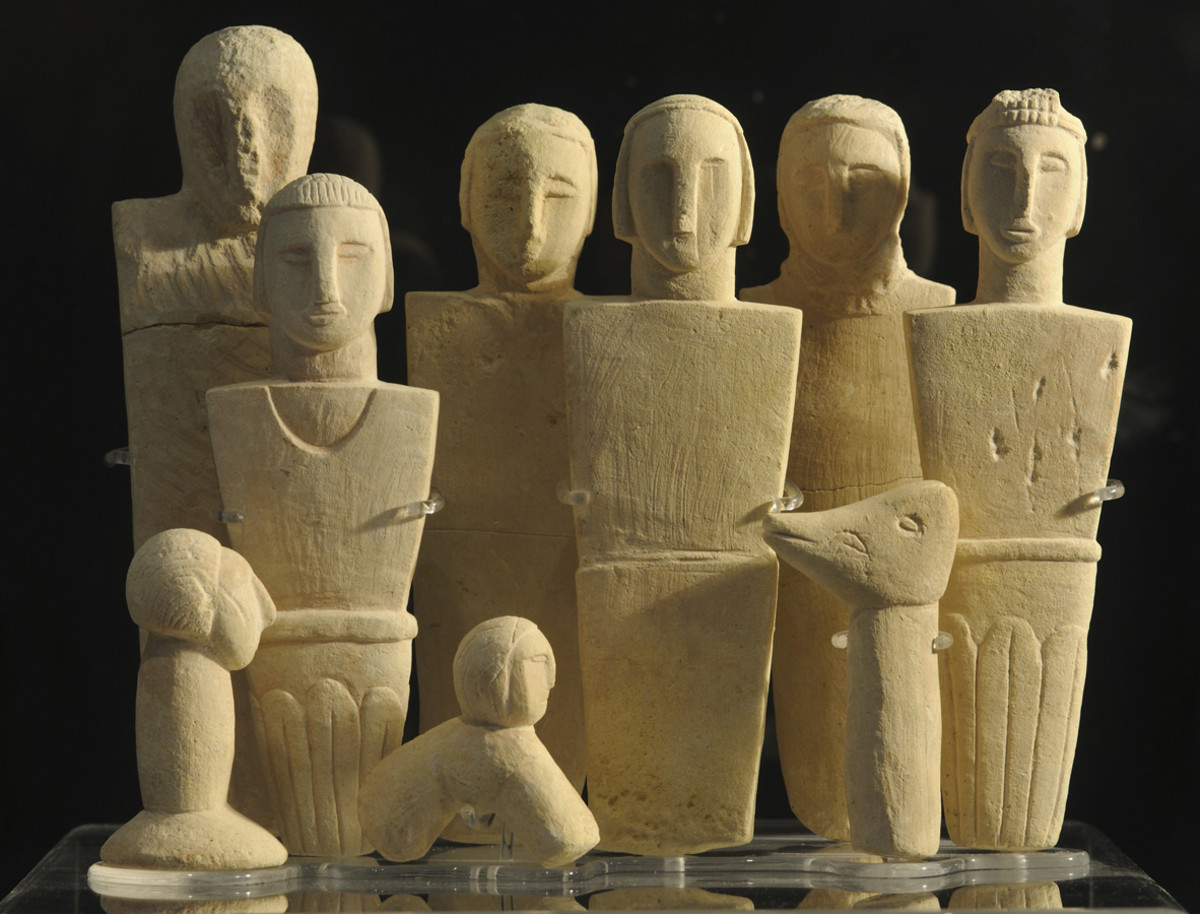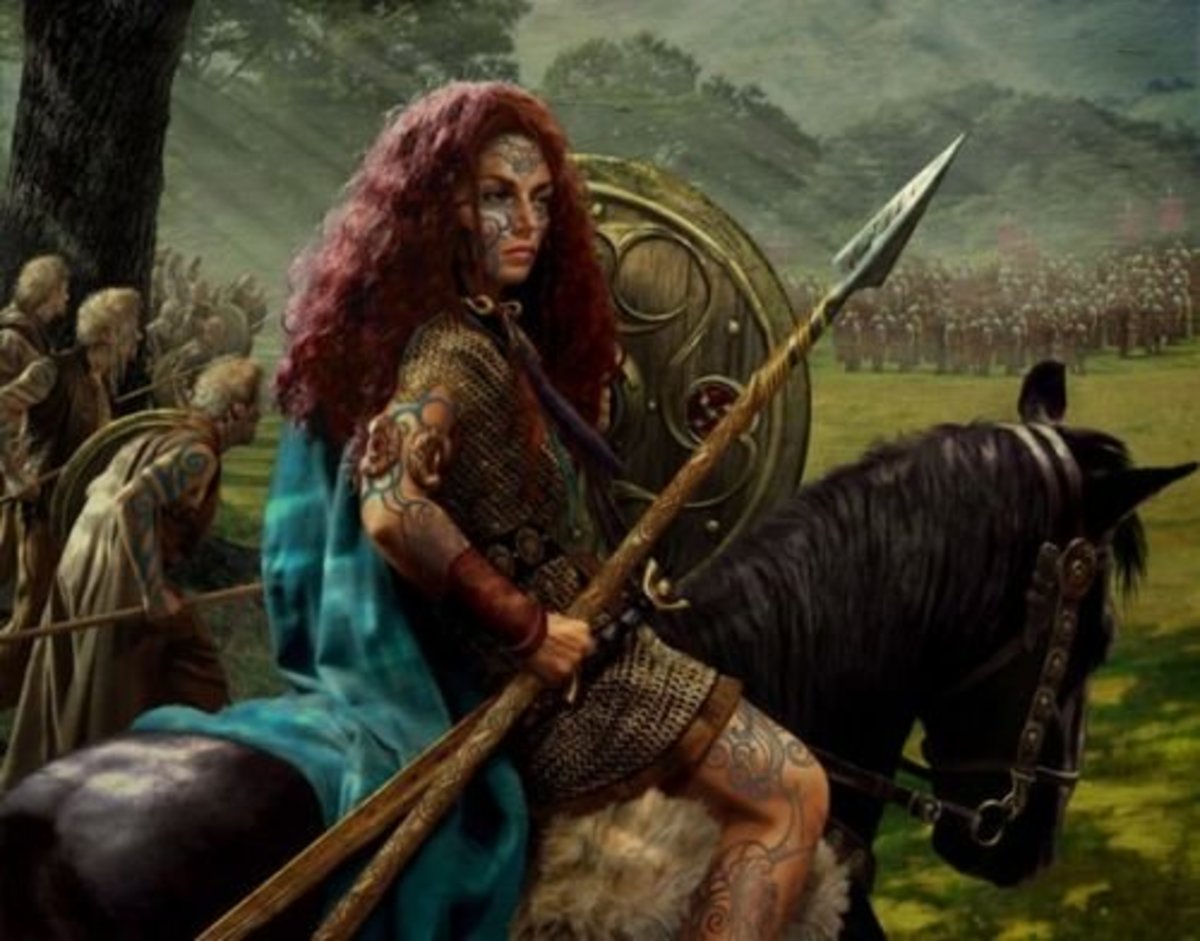INDIA'S ANCIENT MATRIARCHY
Vedic Philosophy Promoted Respect for Women
Last week I was waiting for the bus when two young men on bikes pedalled towards me and stopped to talk to me. They were Mormon missionaries trying to convert me to their religion. If you know anything about the Mormon Church, you know they are very patriarchial. It made me laugh to think that these guys would approach a person who is so matriarchial. This is one of the greatest strengths of Hinduism: its matriarchial roots.
The matriarchial system is based more on the equality of the sexes, sharing power and cooperative principles. All family members are valued, not just the male sex.
Ancient India was much more matriarchial than modern India. Vedic Philosophy honored the Goddess or Shakti Energy, the feminine aspect which powered the Universe. Krishna, or any other male deity, can not do anything without the Mother Shakti Energy. The Mother Goddess is honored in no other major world religion. Otherwise, it is only seen in the Pagan traditions of various countries and native religions.
The Manu Smritti includes a great saying which needs to be heeded today: "Where the women are worshiped, there the gods dwell. Where the women are happy, there will be prosperity. Where the female relations live in grief, the family soon wholly perishes. Hence men who seek (their own) welfare, should always honor women on holidays and festivals with (gifts of) ornaments, clothes and (dainty) food."
The Vedas also speak to the equality and rights of women: "When a woman is invited into the family through marriage, she enters 'as a river enters the sea' and 'to rule there along with her husband, as a queen, over the other members of the family.' Yea, many a woman is more firm and better than the man who turns away from the gods, and offers not."
In ancient India female sages or Rishikas were plentiful. Rishikas were involved with many of the same activities as male sages or Rishis. In fact, upper caste women chose their own husbands through a ceremony where eligible men showed their physical abilities, knowledge, inner qualities and character. The woman decided in the ceremony which man she wished to marry. Queen Sita chose Sri Ram, who broke the bow of Shiva, to be her husband in such a ceremony. Lord Krishna declared, "A woman has a right to choose her own husband." Queen Rukmini chose him as her husband over a man whom her brother wanted her to marry for political purposes. She loved Krishna and refused the wishes of her brother and father. In modern India the man chooses the woman. I think the ancients had the better idea. Arranged marriages are based on parents' wishes, not necessarily on the needs and potential of the man and woman involved. It takes away from the spiritual dimension that love and God should be more important than money, parents' selfish desires and politically and financially motivated marriages which increase wealth and power but put God and love in the back seat.
Marriage as financial transaction is seen in the modern dowry system. The woman lives in the household of the man. The woman's family gives money, land or consumer goods to the husband's family. If the wife's family does not meet the demands, the woman can be abused or even murdered in some cases. This causes terrible consequences for society. Females are aborted and killed at birth because of the dowry involved. The ancient system was much better because it was a social insurance system instead. Money went to the bride's family to be used if the marriage did not work or as independent income for future times.
Another great tradition which has remained to this day is Mother as first Guru, spiritual teacher, of her children. Vedic Philosophy is greatly carried to the next generation through the mother and her role as Guru.
Krishna declared the rights of women time and time again. One famous story is about how the Pandavas (the Five Brothers) chattled off their wife, Drapaudie, to the Kauravas. Krishna told his beloved Pandavas that, "Your wife is not a piece of chattel, not a piece of property, but she is your life's companion." Europeans often thought of their wives as property, but true ancient Vedic Philosophy promoted her great equality as a companion, not a piece of property.
The status of women in India declined with the increase of Moghul Rule and the increasing emphasis of materialism from the West. India has been independent since 1947, yet it has not returned to its true Vedic philosophical roots based on matriarchial principles. Ancient India was more prosperous and was one of the greatest civilizations the planet has ever known. It is time to return to the Matriarchy. Every nation which has given the vote to women has increased the health and wealth of the nation. In the United States this happened almost immediately. Health, safety and child labor laws were passed very quickly after women received the vote. All these factors rose in society after passage of these laws. In a number of Third World countries, as education of women and girls increased, poverty rates went down. Family size decreased and more children survived into adulthood. Recent sociological research shows that when women generate their own income, family wealth and health increases because women tend to spend more money on their children then men do. It was found that men tend to spend more money on themselves and for bars, cigarettes, amusements and prostitutes. What we are talking about here is men as a group; individual men vary in their behavior.
Although the patriarchy became dominant, the matriarchial principles are starting to return in a number of countries. More women are leaders in business, education and spiritual communities. More women are becoming rulers of nations. Women still have not achieved equal pay for equal work. Men still do not share household tasks equally with women who work outside the home. Matriarchial principles need to become more dominant in politics, business and spiritual communities. However, more men and women are seeing the benefits of the Matriarchy. Some day even India, the cradle of the Matriarchy, will return to the great ancient Vedic Philosophy of the Matriarchy.
JAI SHRI MATRIARCHY!
Radhapriestess








